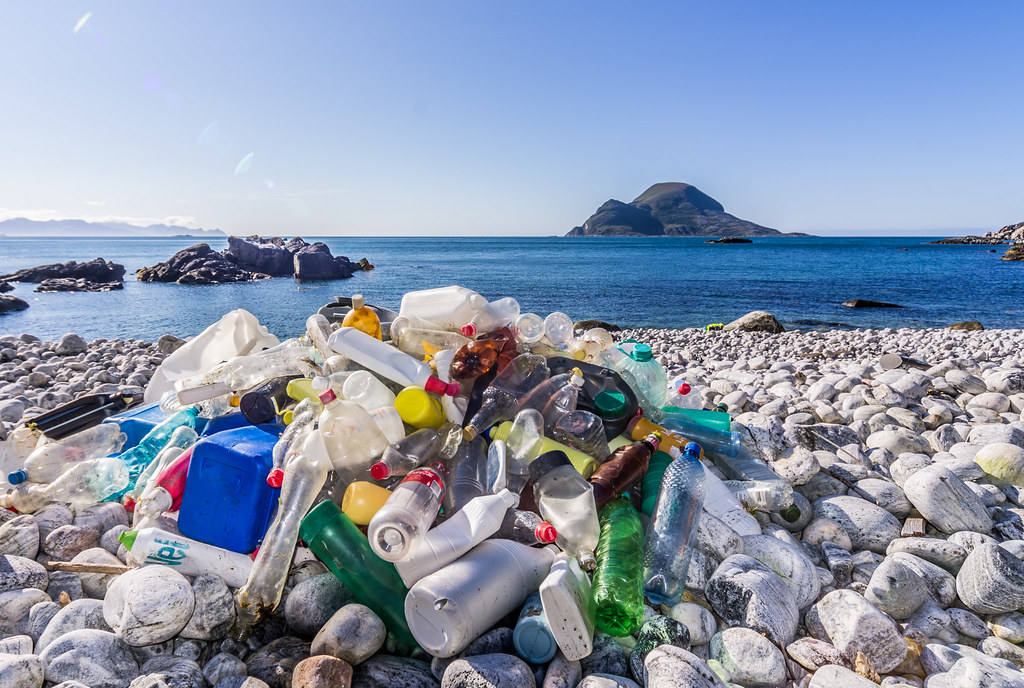The International Tribunal for the Law of the Sea (ITLOS) has issued its first climate-related judgment, offering crucial guidance on States’ obligations concerning climate change and explicitly addressing human rights issues. This landmark ruling arrives as global environmental challenges intensify, particularly impacting vulnerable populations and ecosystems.
In their statement, UN experts praised the Tribunal’s recognition of greenhouse gas emissions as a form of marine pollution, marking a significant development in international environmental law. The Tribunal emphasized that States have obligations under the law of the sea, which go beyond the commitments outlined in the 2015 Paris Agreement on climate change.
Key highlights of the Tribunal's Advisory Opinion include:
Obligations to Mitigate Climate Change:
States are required to implement mitigation measures to minimize the release of toxic substances into the marine environment.
Strict due diligence must be exercised to ensure non-State actors comply with these mitigation measures.
International Cooperation:
States must prevent climate change-related pollution that affects other States and areas beyond national jurisdiction.
There is an obligation to engage in global efforts to address climate change and support developing countries, particularly Small Island Developing States (SIDS), which are highly vulnerable to climate impacts.
Human Rights and Environmental Protection:
The Tribunal’s Opinion is significant for the implementation of the human right to a clean, healthy, and sustainable environment.
It underscores the importance of the precautionary and ecosystem approaches in States’ obligations to conduct environmental and socio-economic assessments for activities that may cause marine pollution due to climate change.
Protection of Marine Biodiversity:
The Tribunal clarified States' obligations regarding adaptation and ecosystem restoration.
Protection of rare or fragile ecosystems from ocean warming, sea level rise, and ocean acidification is critical.
Establishing marine protected areas is essential for effective climate change mitigation and adaptation.
This ruling from ITLOS not only reinforces the legal framework for environmental protection but also integrates human rights considerations into marine environmental governance. It acknowledges the disproportionate impacts of climate change on vulnerable populations and highlights the need for comprehensive and equitable strategies to address the intertwined crises of climate change, biodiversity loss, and pollution.
By providing clear guidance on States' responsibilities, the Tribunal's judgment serves as a pivotal reference for future legal and policy actions aimed at safeguarding marine environments and ensuring the realization of human rights in the face of global environmental challenges.











